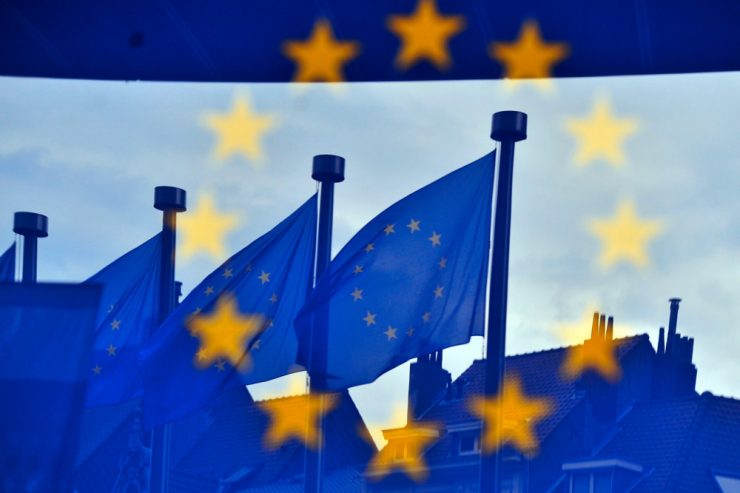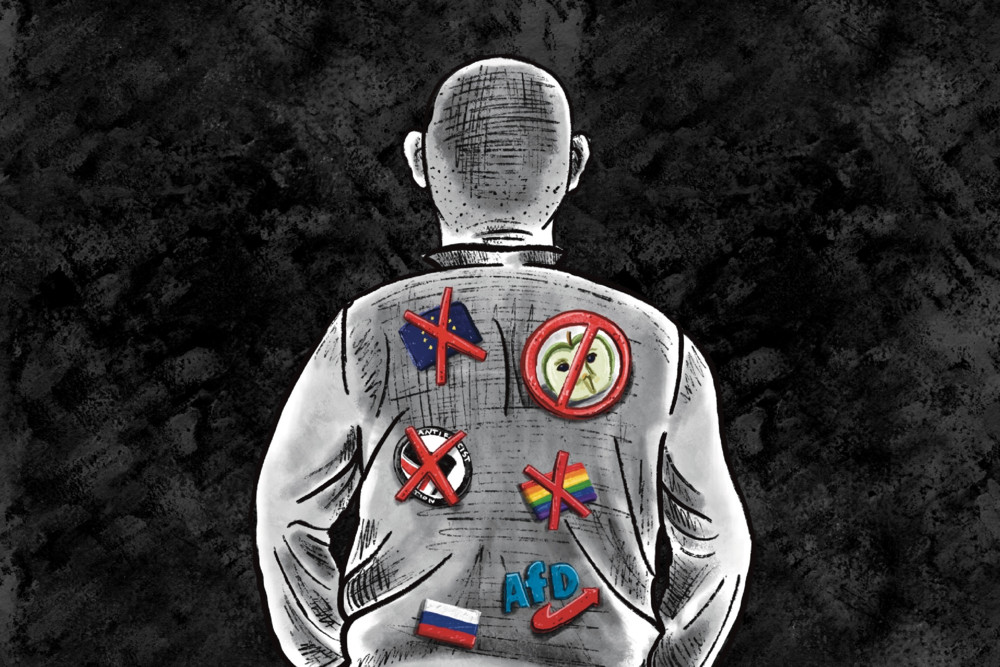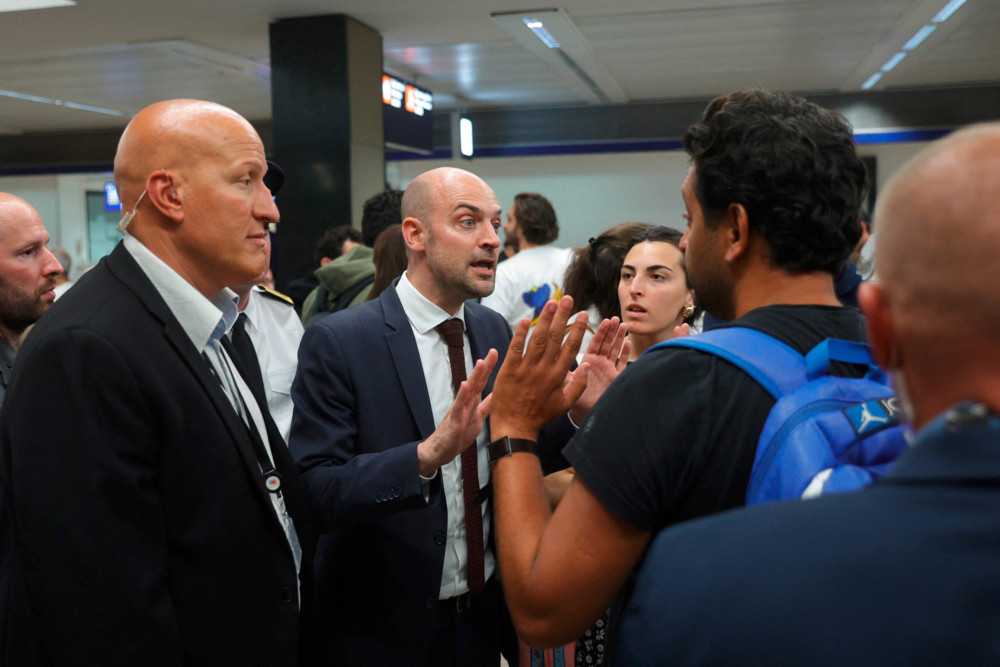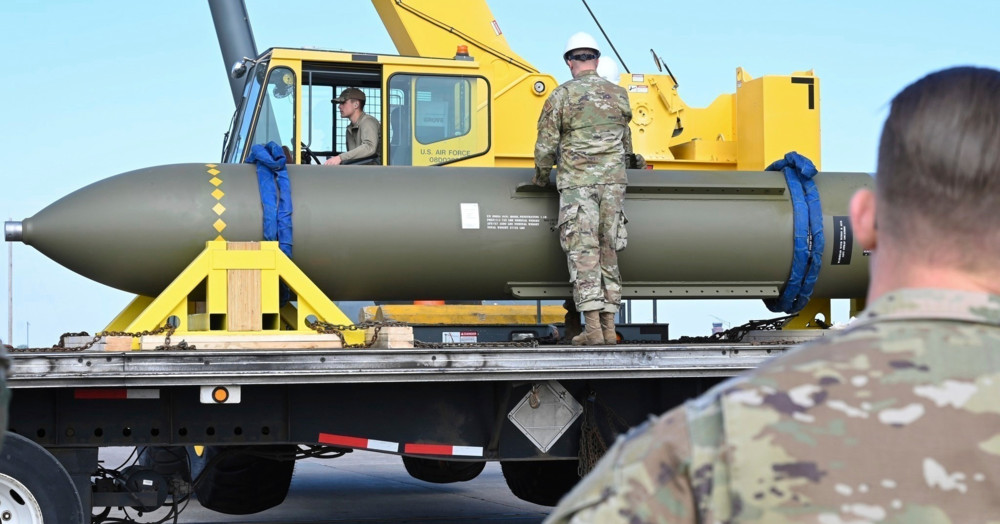What is the European Union?
In 1951, the Treaty of Paris established the ECSC, which was signed by six European countries: Luxembourg, France, Belgium, Italy, Germany and the Netherlands. The ECSC was so successful that the six founding countries decided to enlarge their cooperation, thus signing two further treaties in March 1957 which established the European Economic Community (ECC) and the European Atomic Energy Community (EURATOM) respectively. In 1992, the Treaty of Maastricht was signed, which established the creation of the European Union.
What are the key achievements of the European Union?
The achievements of the European Union since 1957 have been remarkable, both for its various member states and nations worldwide: The EU has been able to provide freedom for its citizens to live, work and study anywhere in the EU. The EU is also the world’s largest market. In other words, it is a global player in that it is the world’s largest single market area. And the European Union has played a major role in aid and development assistance for millions of people worldwide.
Citizens and employers’ rights
In the European Union, there is zero tolerance for any kind of discrimination. Therefore, discrimination in schools, workplaces and even on the streets is not accepted in any way. The European Union stands for the freedom of speech of ALL EU citizens. As a result, citizens and journalists have the right to write, speak or publish their own ideas and opinions.
Humanitarian aid
The European Union’s Instrument for Democracy and Human Rights, also called EIDHR, provides support to countries and regions particularly at risk regarding essential freedoms and rights. Additionally, the European Union helps countries within and outside Europe when catastrophes or humanitarian crises occur. In case of such a crisis, the EU provides essentials for the countries and populations that are affected.
For example, in 2020 and in 2021, the European Union Humanitarian Air Bridge aided 21 countries and in 2020, provided 1,150 tonnes of vital medical and humanitarian equipment. A further example in this context is Haiti. Since 1994, the European Union has provided essentials such as food and access to water in Haiti, but also ensured development assistance, such as access to life-saving health services.
The single market in the EU
The EU’s main economic tool is the single market. It enables citizens, money, goods and services to move freely. As a result, European citizens not only benefit from lower prices, but they are also free to live, study or even retire wherever they want in Europe. In fact, thanks to the euro, the single market has been strengthened. Every day, the euro is used by 340 million people living in the 19 EU member states known as the eurozone.

 Zu Demaart
Zu Demaart







Sie müssen angemeldet sein um kommentieren zu können